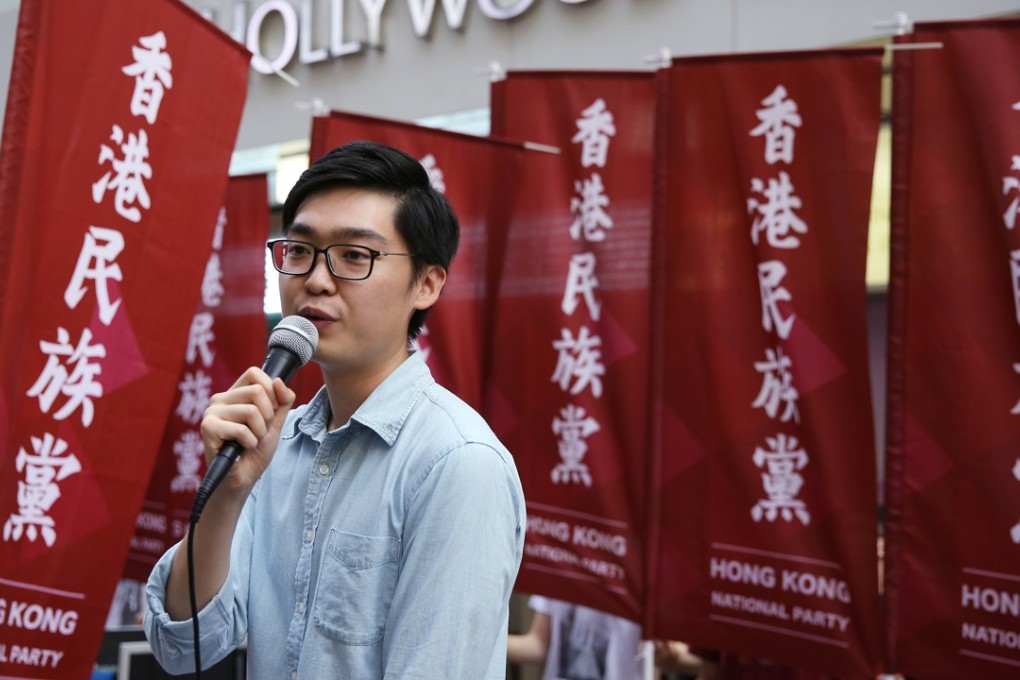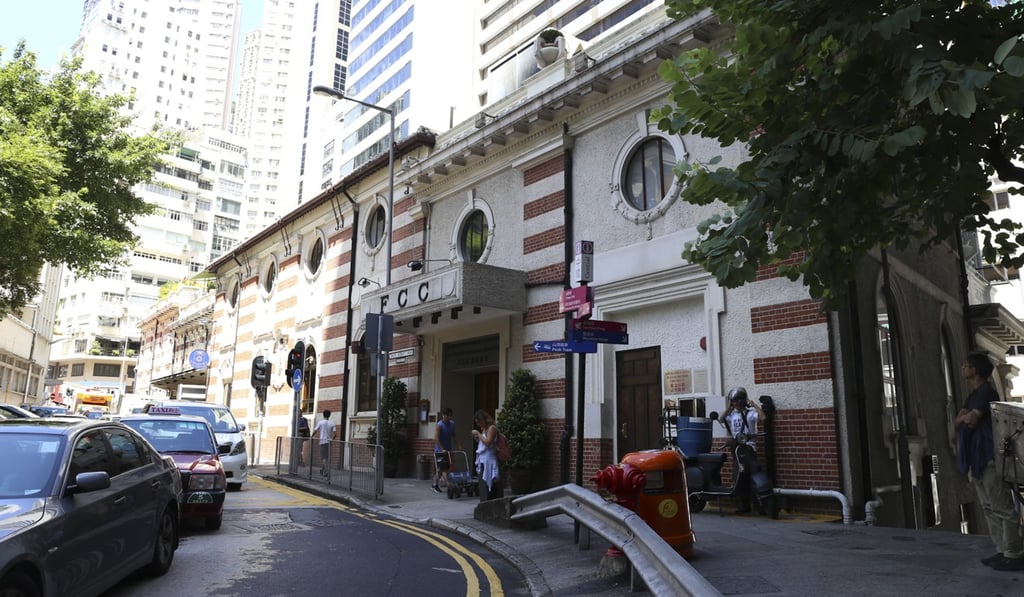Advertisement
Why Hong Kong independence should not be discussed at the FCC under the banner of freedom of speech
Graeme Maxton says China, like other nations, has limits on freedom of speech and the Foreign Correspondents’ Club should respect this by keeping independence off the table
Reading Time:3 minutes
Why you can trust SCMP

“Regrettable and inappropriate” was the response of Hong Kong leader Carrie Lam Cheng Yuet-ngor to the proposed Foreign Correspondents’ Club (FCC) talk by separatist leader Andy Chan Ho-tin. China’s Ministry of Foreign Affairs has asked the FCC to call off the talk. Past Hong Kong leader Leung Chun-ying has weighed in too, with not-so-subtle suggestions that the club’s rental of its Ice House Street premises might be open to question in the future, adding that the issue had nothing to do with press freedom. Yet a defiant Victor Mallet, the club’s first vice-president, says the meeting will go ahead next week.
As a gweilo who has been closely connected with Hong Kong all my life, an ardent supporter of free speech, an FCC member and sometime journalist, I find myself in a difficult place here. I would happily hear what Chan has to say and try to understand his views. But it is nonetheless clear to me that the FCC is mistaken on this occasion for three reasons.
First, there has been a growing tendency in the last decade, since the advent of social media, to change what is meant by free speech. This has obvious political undertones, to extend a globalised world view in the image of those who think their ideas reflect some natural order.
Advertisement
Free speech has become the right to say anything you like, even if it is just because it feels good, regardless of the consequences. So films of people being beheaded by terrorists are shown on YouTube, and elected parliamentary representatives in Britain are threatened with rape or murder on Twitter, and this is all somehow OK because it is now regarded as free speech.
Advertisement

Advertisement
Select Voice
Choose your listening speed
Get through articles 2x faster
1.25x
250 WPM
Slow
Average
Fast
1.25x